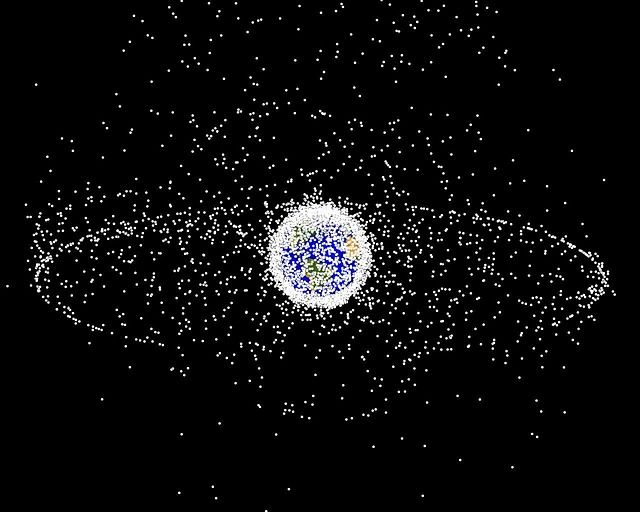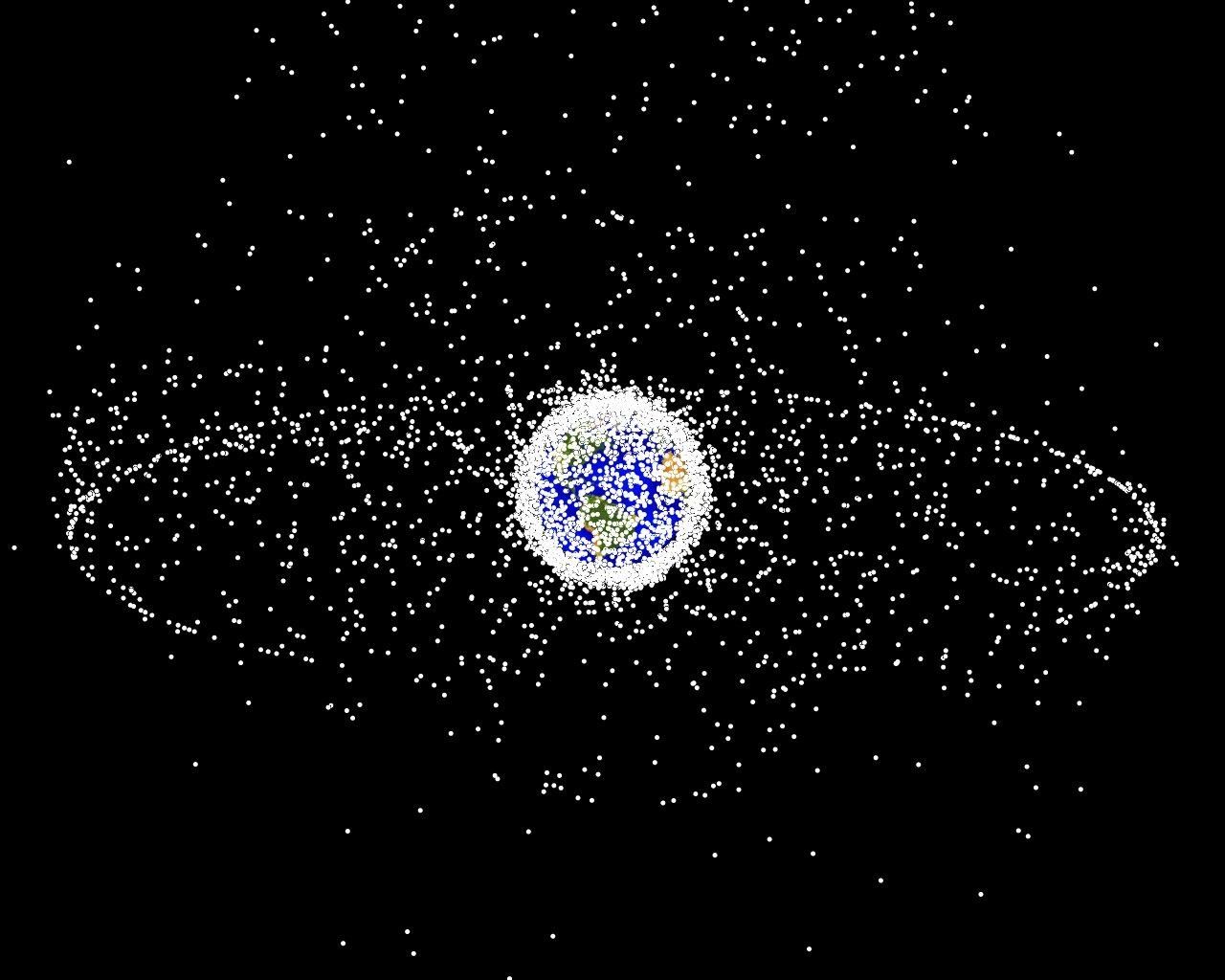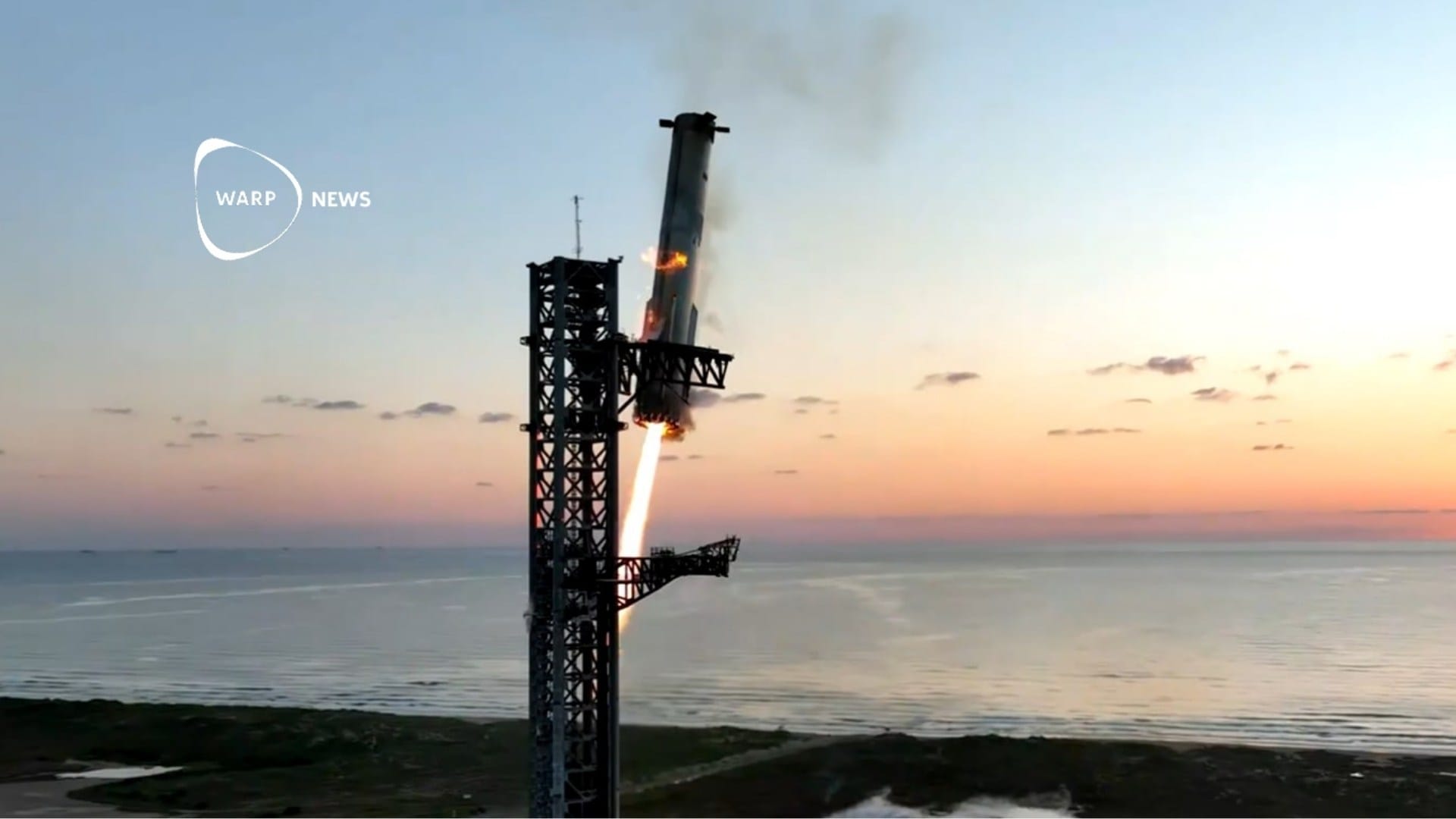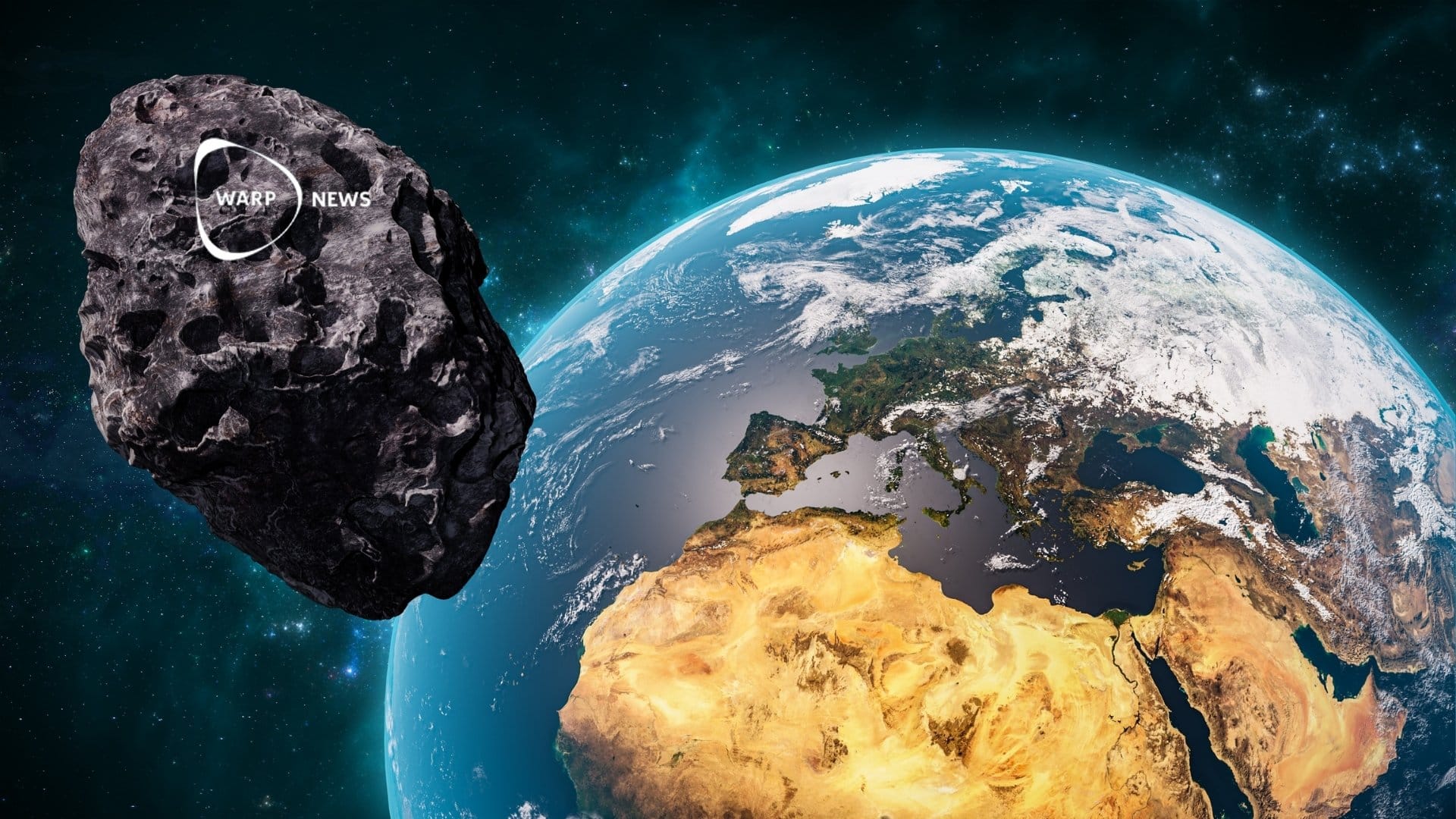
🚮 China succeeds in removing space junk
A Chinese satellite has managed to remove a dead satellite from geostationary orbit, preventing it from becoming space debris. This is but a small part of Chinese efforts to become a major player in space.
Share this story!
The new space race is in full swing. While the world's eyes are turned towards NASA and private ventures such as SpaceX, space fans would be wise to keep their eyes on China.
On October 23 of last year, China launched the Shijian-21 satellite, which was designed to “test and verify space debris mitigation technologies according to Chinese media Chinese media, was designed to “test and verify space debris mitigation technologies.” As early as October, the satellite was seen alongside an unknown space object by the United States Space Force.
According to The Drive, Shijian-21 docked with a drifting navigation satellite on January 22 and carried it out above the crowded and valuable geostationary orbit (GEO). The Beidou-2 G2 navigations satellite launched in 2009 failed upon reaching orbit and has been drifting since 2010.
By January 26, it had been carried to an orbit some 3000km above GEO, a surprisingly long distance, considering that what's regarded as the "graveyard orbit" is only 300km above GEO. Shortly after, S-21 returned to GEO.
With a lack of transparency, little is known about the abilities or actual purpose of the satellite, but it's reassuring that another country has gained this capability. However, a concern is that some believe that the satellite also fills a military purpose, capable of disabling satellites from orbit without causing problematic debris associated with other anti-satellite weapons.
This is but a small part of China's considerable efforts to become a significant player in space. The country has recently started constructing its Tiangong space station, which is intended to be finished by the end of this year, and they retrieved samples from the moon. On January 28, the China National Space Administration also released a white paper outlining their plans for the next five years. Highlights include plans to make their Long March launches "non-toxic and pollution-free," construction of a space telescope, and putting people on the moon.

By becoming a premium supporter, you help in the creation and sharing of fact-based optimistic news all over the world.



